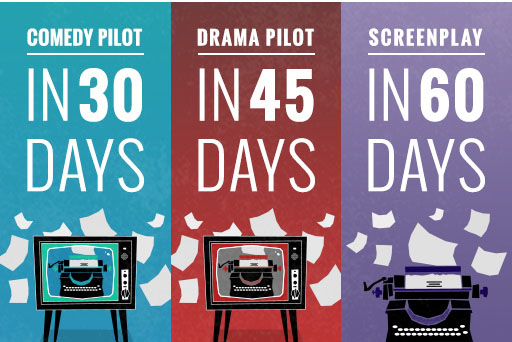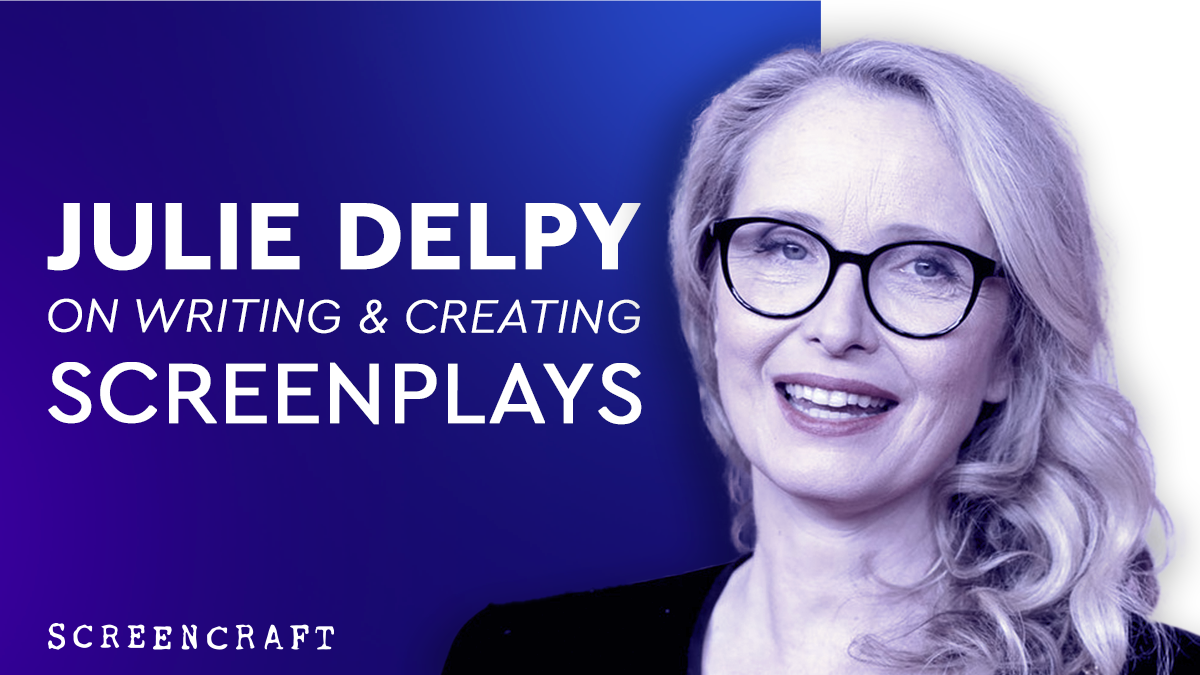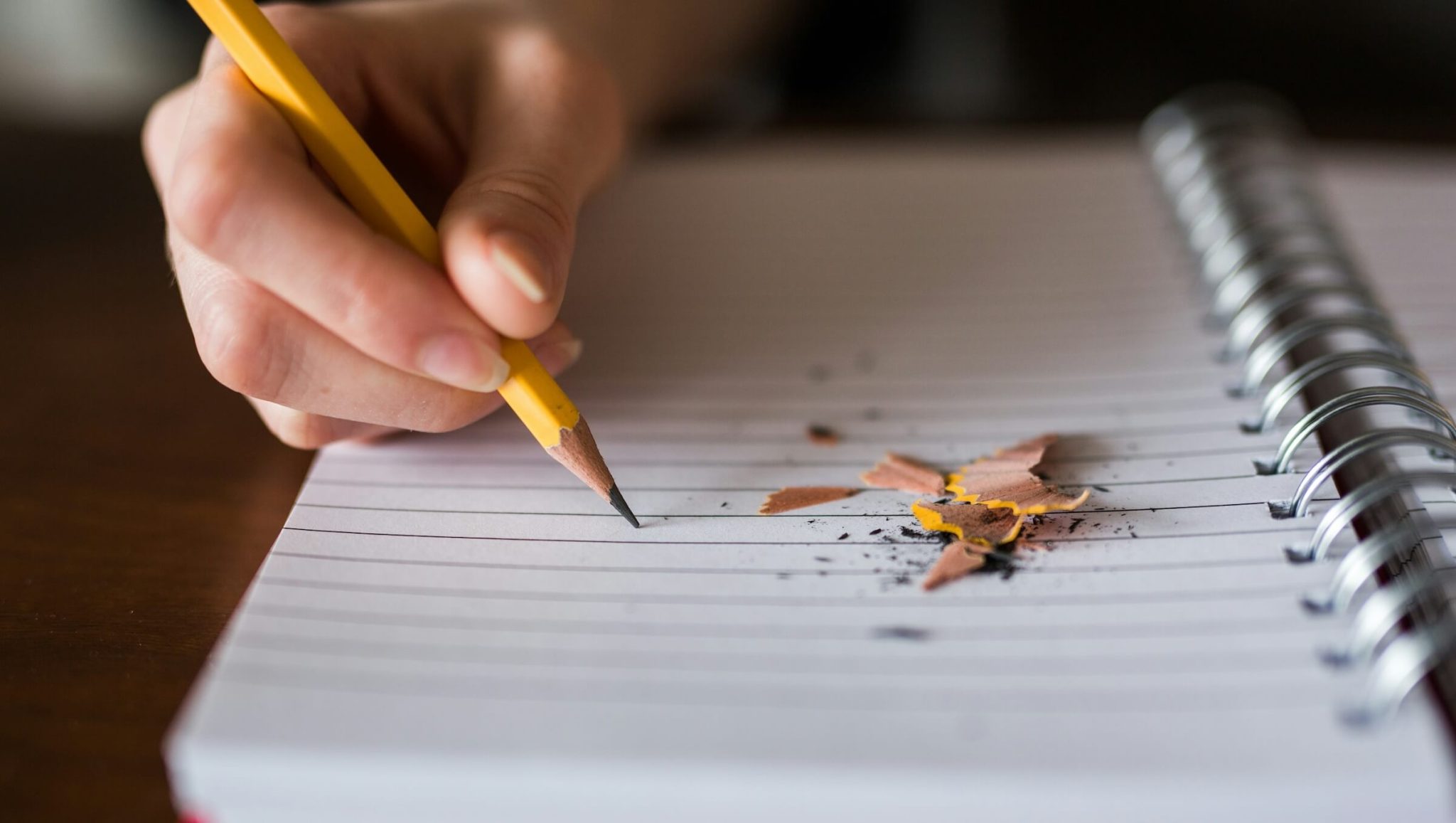Julie Delpy on Screenwriting: Genre, Creativity, and Improv
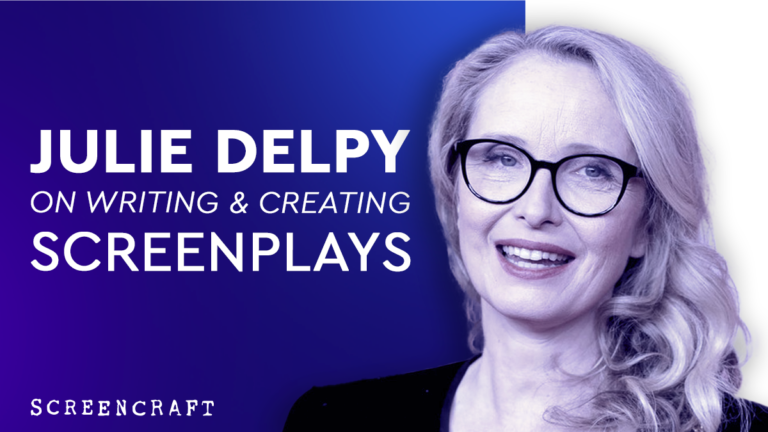
Julie Delpy, of Before movie trilogy and 2 Days in Paris fame, shares her experiences as a screenwriter, director, and actor in the film industry as she discusses her newest film, My Zoe. Listen to the full interview on The Filmmaker's Podcast. It's a great listen with tips and insights for budding and veteran filmmakers. But if you don't have time for a (great) hour-long deep dive into Julie's experience both in front and behind the screen, here are four takeaways for new and emerging screenwriters.
Julie Delpy on the importance of writing and directing
Julie has written (or co-written) every movie that she has directed, which is an incredible achievement. Part of the reason why she takes such strong ownership of the creative process before filming stems from watching both of her parents in the industry. Both of her parents were actors.
“My dad would go into severe depression because he was just an actor. And I could see him being miserable when he was not being an actor.”
She decided that she didn’t want that life for herself and started writing from a young age. “The first Before movies; I just found a journal from when I was like 13 years old. And it's half of what I see in the film. It's from my journals when I was like a teenager.” And the feelings that she wrote about as a teenager stayed with her when she co-wrote the scripts for Before Sunset and Before Midnight. “It was with me still in my twenties. Feelings of love, magic between two people, that connection.”
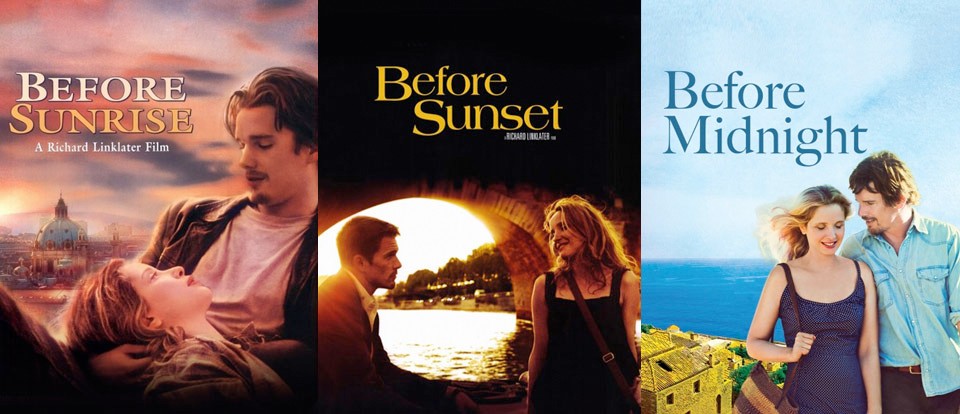
How to write a screenplay in any genre
Julie, who was already making a name for herself in the industry as an actor, wrote her first feature-length film at the age of 15. And although it was liked by a lot of people in the industry, they felt that she was too young. She eventually directed her first film at the age of 36.
“When Richard Linklater cast me in the Before movies, it was clear that what I was going to bring to him was going to be creative input and writing, and I liked to convince people of my capacity with the creative side.”
The other fascinating thing about Julie is that she likes all of her films to be completely different. She doesn’t want to settle in one genre. She even ‘tricked’ people into backing Two Days in Paris after the success of the Before films.
“I tricked people into giving me money, thinking they were doing exactly Before Sunset. And then I wrote something very different. I thought I was going to be able to pull off doing no screenplay because I wanted to do an improv movie because I really love improvisation. And then I decided to completely write the screenplay, so at the last minute I wrote an entire screenplay in two weeks,”
She then explained her strategy for writing a script quickly. ”Once you've done the framework of things, it can go very fast.”
“I spent years developing the story. I'm obsessed with structure. I mean, you have to be very, very thorough with structure and then you can write quickly because I have a very solid structure that's behind it.”
What inspired Julie Delpy to write 'My Zoe'
Delpy shares how screenwriters and directors naturally have to pull from their own life experience to tell new and powerful stories. Even if that inspiration comes from a painful place. “When I started writing this film, I was in the middle of a divorce...and it really didn't feel like a divorce. It felt like a horror movie or like sci-fi... not that I was fighting for child custody, but I was fighting for my son's life.”
“The truth is when you get into a divorce and you share a child, you have to recreate two different children basically because you have a child with this person, but then you have to recreate a new child that you're going to raise on your own. And so it's a very strange feeling, which in a way, the film is a translation of this.”
She found that translating her emotions into writing helped her. “Instead of having a breakdown, I put it into writing.”
A creative screenwriting outlet allows you to “deal with pain or joy or complicated times and to turn it into something. It’s cathartic and not singing to the darkness of your own self and lose yourself in it. Writing is probably the easiest way for me to express myself.”
Julie Delpy's screenwriting advice
“From the writing process, you have to think of shot lists. It's like packing a suitcase. It's like preparing for a trip. It becomes a job and I love being practical. Then you have to be creative on set, but mostly, you have to be super organized.”
Signup for the ScreenCraft newsletter for more screenwriting tips from industry pros. Or download one of these helpful screenwriting guides to jumpstart your next script.
Tags
Get Our Screenwriting Newsletter!
Get weekly writing inspiration delivered to your inbox - including industry news, popular articles, and more!

